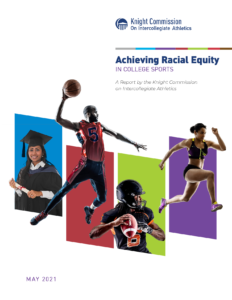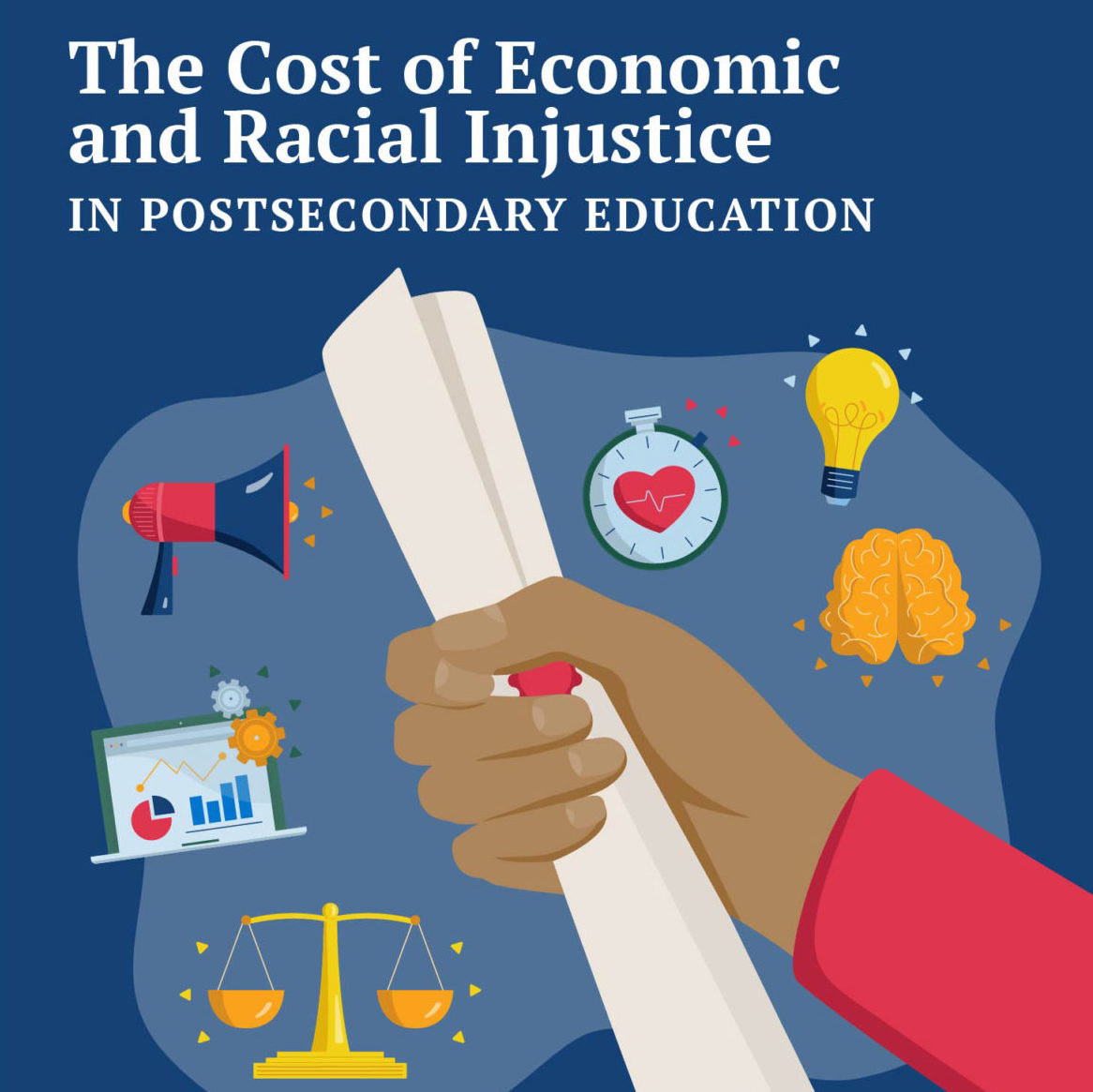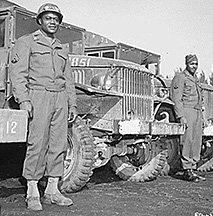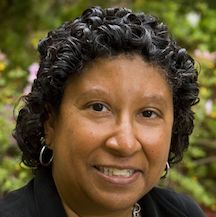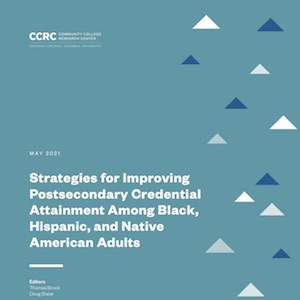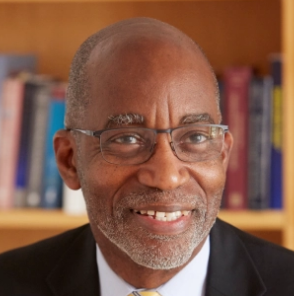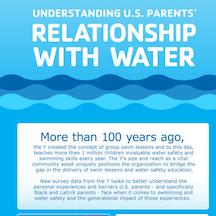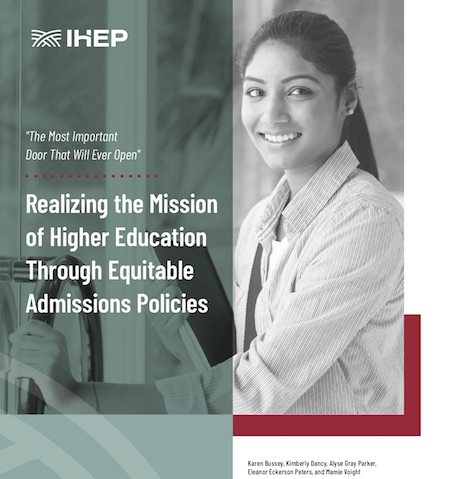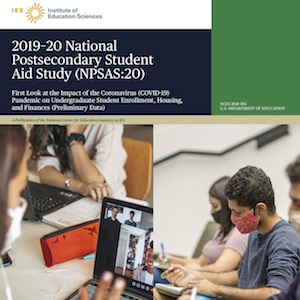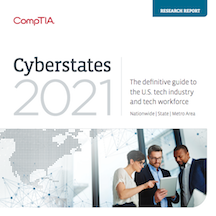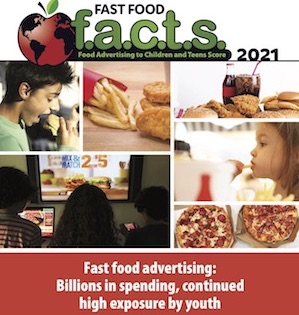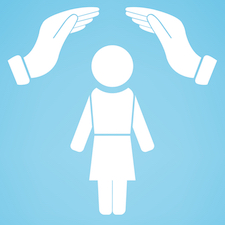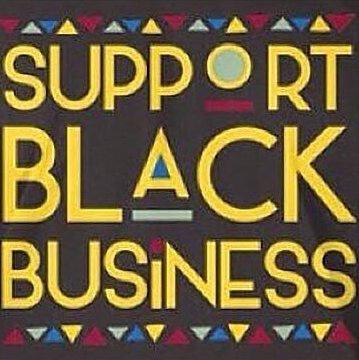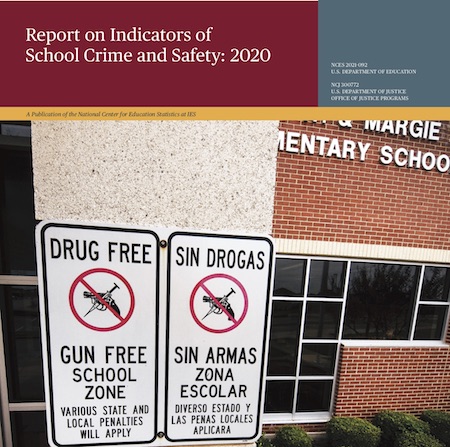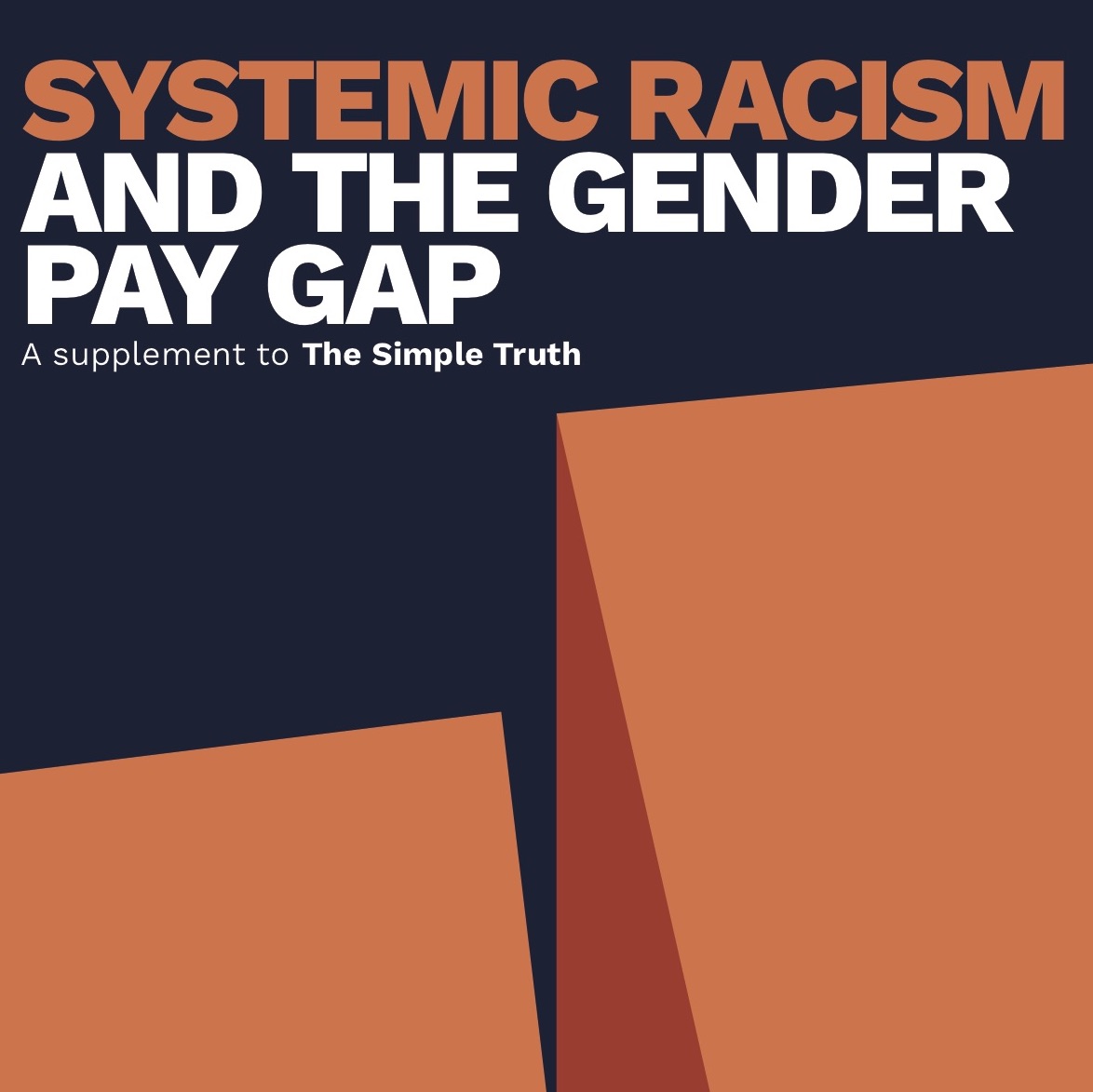How the COVID-19 Pandemic Has Impacted Black Enrollments in Higher Education
A new report from the National Student Clearinghouse Research Center finds that Black undergraduate enrollments are down 8.8 percent from the spring 2020 semester. But African American enrollments in graduate programs are up 10.4 percent, more than double the increase for Whites.
Babson College Scholars Examine Entrepreneurship by African American Women
The study, summarized by the authors in the Harvard Business Review, found that 17 percent of adult Black women in the United States are starting or running new businesses. This compared to 10 percent of White women and 15 percent of White men. But only 3 percent of Black women were running "mature businesses."
Knight Commission’s Recommendations for Achieving Racial Equity in College Sports
Proposed reforms suggested by the Knight Commission include permanently eliminating standardized testing for athletic eligibility, boosting diversity in recruiting and hiring of leadership and creating more opportunities for Black student leadership and advocacy.
The Economic Cost of Racial Inequality in Higher Education
The study conducted a simulation that found that the U.S. economy misses out on $956 billion dollars per year, along with numerous nonmonetary benefits, as a result of postsecondary attainment gaps by economic status and race/ethnicity.
How Did Racial Segregation in the Armed Forces Impact Battlefield Mortality?
On July 26, 1948, President Harry S Truman issued Executive Order 9981 which abolished racial discrimination in the United States Armed Forces. But as was the case with schools several years later, desegregation moved at a snail's pace. During the first half of the Korean War, most units remained racially segregated.
Study Finds Blacks in Medical Schools Face an Onslaught of Microaggressions
Sixty-one percent of all respondents to a survey in a study led by scholars at Yale University experienced at least one microaggression a week. Students identifying as Black, Asian, multiracial, and female were the most likely to have experienced microaggressions at least weekly.
New Study Finds Huge Racial Disparities in COVID-19 Mortality Rates
Men are more likely to be infected by COVID-19 and have higher death rates. But that data obscures the fact that Black women are up to four times more likely to die of COVID-19 than White men and three times more likely to die from COVID-19 than Asian men.
A Generational Gap in Religious Participation Among African Americans
A new report from the Barna Group, a California-based research organization, finds that African Americans as a whole remain more religious than other racial/ethnic groups in the United States, but younger Blacks are turning away from organized religion.
Highly Educated and Economically Successful Black Men Do Not Escape Racial Discrimination
The study, by scholars at UCLA and Charles R. Drew University of Medicine and Science in Los Angeles, found that Black men who reach a high socioeconomic status still face higher levels of discrimination compared to their White counterparts. This discrimination can also impact Black men’s physical and mental health, according to the study.
Report Concludes That the Virginia Military Institute Is Run by White Men, for White...
An independent investigation commissioned by the State Council of Higher Education for Virginia found that VMI’s overall unwillingness to change — or even question its practices and traditions in a meaningful way — has sustained systems that disadvantage minority and female cadets and faculty.
The New Racial Digital Divide for College Students Is Related to Quality Internet Service
The racial digital divide appears in the quality of internet service. Some 57 percent of Black college students reported that they can access some course content, but it can be slow, unreliable, or difficult to do so. For White college students, only 24 percent said the same.
Report Presents a Plan to Get More Black Adults Back to College to Earn...
Community colleges can play an important role in helping tBlack adults get back to work through certificate and degree programs that lead to better jobs. But, the report's authors state that colleges need to pay attention to the specific needs of adult students of color as they design programs to boost workers’ skills for today’s labor market.
African Americans Not Making Progress Into the Top Ranks of Academic Surgery Positions
Over the six-year study period, the share of surgery department chairs and full professorships held by White doctors decreased by 4 to 5 percentage points, but it was Asian faculty who filled the void, rising by 4 percentage points over the same timeframe. Male Black chairs actually lost ground during the study period.
Racial Differences in Survey on Support of School Choice and Post-Pandemic Education
A new survey conducted by EdChoice finds continuing widespread support among African American families for school choice programs. And when a full explanation of school choice proposals is offered, support for such programs soars among parents of African American children.
Higher Education Leads to Better Health, But Not So Much for Black Men
Studies show life expectancy is higher for educated Black men — those with a college degree or higher — compared with those who have not finished high school. But the increase is not as big as it is for Whites. The findings suggest that the power of discrimination to harm Black men’s lives may be more persistent than previously understood.
New Study Examines How to Eliminate the Racial Gap in Drowning
Drowning rates for Black people are disproportionately higher than that of White people across all age groups. Some 44 percent of Black parents self-report to have only beginner or no swimming abilities. Studies have shown that if a parent does not know how to swim, there is only a 13 percent chance that their child will learn how to swim.
African American College Graduates Have More Debt and Lower Wages Than White Peers
A new study by researchers at Student Loan Hero, a division of mortgage loan operator Lending Tree that helps students manage their debt, finds that Black students borrow 35 percent more on average in student loans than their non-Black peers, but Black millennial bachelor’s degree-holders earn 22 percent less than non-Black grads.
Institute of Higher Education Policy Report Examines Barriers to Equity in College Admissions
the report looks into the impact of recruitment practices; demonstrated interest policies; early admissions deadlines; legacy admissions; use of standardized testing; use of criminal justice information; developing effective transfer policies; and need-based financial aid policies on equal access to higher education.
How African American Undergraduate Students Were Impacted by the COVID-19 Pandemic
A new report from the U.S. Department of Education finds that some 7.2 percent of Black undergraduates said they withdrew from their college or university during the first few months of the pandemic, more than double the rate for Whites. Another 5.6 percent of all Black undergraduates took a leave of absence, almost double the rate for Whites.
A Supreme Court Ban on Affirmative Action Would Halt Progress on Achieving a More...
A new study by Joni Hersch, the Cornelius Vanderbilt Professor of Law and Economics at Vanderbilt University in Nashville, shows the devasting effects that would occur, should the Supreme Court ban the consideration of race in admissions decisions at the nation's most elite universities and professional schools.
Study Shows How COVID-19 Widened the Racial Gap in Life Expectancy in the United...
The study found that the gap in life expectancy between Black and White populations decreased from 4.02 years in 2010 to 3.54 years in 2014. But the gap increased to 5.81 years in 2020. In 2020, life expectancy for Black men was only 67.73 years, the lowest level since 1998.
Report Documents the Employment Shortfall of African Americans in the Tech Workforce
A new report from the Computing Technology Industry Association offers a wealth of data on employment in the technology sector. In the San Jose, California, metropolitan area, home to Silicon Valley, there are just over 3,000 African Americans employed in tech positions. In contrast, there are 45,000 White workers and more than 107,000 Asian American workers.
The Far-Reaching Racial Disparities as a Result of the COVID-19 Pandemic
While overall deaths relating to motor vehicle crashes increased by 7.2 percent in 2020, African American deaths increased by 23 percent. The fact that Blacks were less likely to be able to work at home during the pandemic was a contributing factor.
Upward Economic Mobility for African Americans Is Rarer Than Most People Believe
A new study by researchers at Ohio State University and Columbia University finds that Americans consistently believe that poor African Americans are more likely to move up the economic ladder than is actually the case.
New Report Examines Residential Racial Segregation in the Twenty-First Century
A new report by researchers at the University of California, Berkeley's Othering and Belonging Institute finds that residential racial segregation is the major factor in racial inequality in the United States. The authors also conclude that residential segregation not only persists but has gotten worse over the past 30 years.
University of Connecticut Report Finds Increased Fast Food Marketing to Black Youth
The study from the University of Connecticut shows that disparities in racial and ethnic targeted advertising are widening. Black youth viewed 75 percent more fast food ads than their White peers in 2019, up from a 60 percent difference found in 2012.
Study Finds ‘Benevolent Sexism’ Is Not Equally Applied to Black and White Women
Benevolent sexism is a term that refers to views about women that seem positive but also exhibit a level of inferiority to men based on fragility, a lack of competence or intelligence, or a need for the guardianship of men. A new study finds that benevolent sexism may be more likely afforded to White women than it is to Black women.
New Study Finds That Property Tax Rates Unfairly Burden Black Homeowners
A new study by Christopher Berry, the William J. and Alicia Townsend Friedman Professor at the Harris School of Public Policy at the University of Chicago, finds that properties located in neighborhoods that are 90 to 100 percent Black experience assessment levels that are more than 1.5 times the average for their county.
Study Finds Higher Breast Cancer Risk for Black Women Who Were Heavy Users of...
Comparing user data to incidence of breast cancer, the researchers found that Black women who were heavy users of hair relaxers (those who used hair products containing lye at least seven times a year for 15 or more years) had an approximately 30 percent increased risk of estrogen receptor positive breast cancer compared to other Black women.
Whites Who Read News About Racial Incidents Are Less Likely to Support Black Businesses
When people are reminded of how they differ from others, they often become more inclined to identify — and side — with their own group. A new study by researchers at the University of California, Berkeley, the University of Oregon, and the University of Minnesota finds that news coverage of racial incidents lowers support for Black entrepreneurs.
Hate Crimes Continue to Plague College and University Campuses
In 2018, of the more than 34,000 criminal incidents that occurred on the campuses of postsecondary institutions and were reported to police or security agencies, 814 incidents were classified as hate crimes. Race was the motivating bias in 43 percent of reported hate crimes.
New Survey Shows the Extent of Teacher Training to Serve a Diverse Student Body
Among public school teachers, 74 percent of those who had begun teaching in the 2016-18 period took courses on serving students from diverse backgrounds. Only 40 percent of public school teachers who started in classrooms before 1981 had the same training.
Study Finds Black Access to Healthcare Lags in States That Show a High Level...
The results showed that the higher the level of racism in a given state, the less access Black people in that state had to health care. The higher the level of racism in a given state, the more access White people had to health care. In addition, the worse the state’s racism score, the higher the quality of care White people reported receiving.
New Report Shows That Black Women Have a Wider Pay Gap With Men Than...
In 2019, men had a median income of $57,456, while women had a median income of $47,299 — a wage gap of 18 percent. Based on recent progress, the AAUW report calculates that White women will reach pay parity with men by the year 2069. But for Black women, the trend suggests that they won't reach wage parity until 2369, nearly 250 years from now.
The Huge Racial Disparity in Passage Rates on the Architect Registration Examination
For the first time, the National Council of Architectural Registration Boards has released demographic data on passage rates for its Architect Registration Examination, which is required for licensure throughout the United States. The passage rate for Blacks was significantly lower than the rate for Whites on the six sections of the examination.
Black Urban Areas Are Much Hotter Than White City Neighborhoods in the Summer
In 71 percent of the counties studied, land surface temperatures in communities with higher rates of poverty were up to 4 degrees Celsius, or 7 degrees Fahrenheit warmer, compared to the richest neighborhoods during the summer months.



